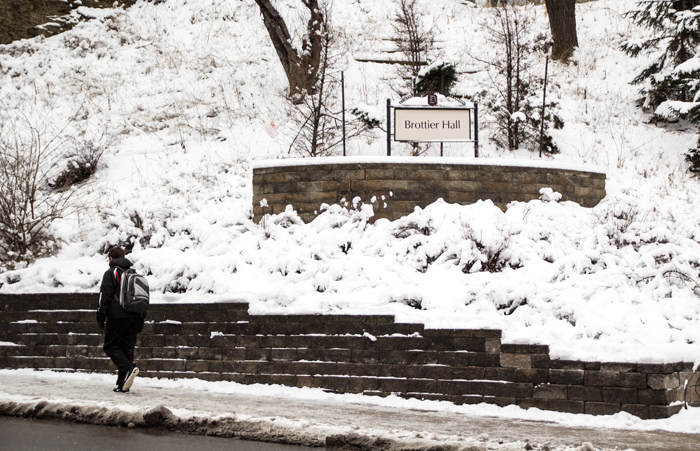Kailey Love | Managing Editor
08/23/18
In the era of the #MeToo movement, holding the perpetrators of sexual abuse accountable has been thrust to the frontlines of international attention and debate. On August 14, a grand jury in Pennsylvania released 877 pages of allegations to demand such accountability, following its sweeping investigation of the child sex abuse scandals that occurred throughout the Catholic dioceses of Pennsylvania.
“Priests were raping little boys and girls, and the men of God who were responsible for them not only did nothing; they hid it all. For decades,” the grand jury stated in the introduction to its report. “The thousands of victims of clergy child sex abuse in Pennsylvania deserve an accounting, to use as best they can to try to move on with their lives.”
At a news conference, state Attorney General Josh Shapiro detailed the wide-ranging investigation into six Roman Catholic dioceses in Pennsylvania, including 54 counties.
“Today, after decades of enforced silence and institutional cover up, the voices of the victims of sex abuse in the Catholic Church in Pennsylvania are finally being heard. The time for institutions to place their own interests above protecting our children is over,” Shapiro said.
The 18-month investigation found that 301 priests across the state sexually abused more than 1,000 children over the course of several decades, though the report states that there may be thousands more victims. Ninety-nine clergy members identified in the report served in the Pittsburgh dioceses.
In addition to naming the priests and detailing the allegations against them, the investigation also delved into a pattern of coverups and neglect by senior church officials who were aware of the abuse. A review of more than 2 million documents referred to as the “secret archives” of the dioceses deemed the coverup practices susceptible to behavioral analysis by the FBI, according to the report.
“It’s like a playbook for concealing the truth,” the grand jury wrote. “The main thing was not to help children, but to avoid ‘scandal.’”
Due to the statute of limitations in Pennsylvania law, most of the reported incidents cannot be prosecuted.
“We all wish more charges could be filed, but due to the church’s manipulation of our weak laws in Pennsylvania, too many predators were out of reach,” Shapiro said in the press conference.
Following the release of the report, President Gormley issued a statement on August 16, calling its findings “deeply disturbing” and “heartbreaking.”
“I want to offer the condolences and prayers of the entire Duquesne University community for the victims of these unspeakable events that caused deep pain and violated a sacred trust,” Gormley said. “We will continue to pray that time, and God’s gentle mercy, will eventually heal these wounds that have taken a toll on the victims, their families, the Catholic Church and all of its faithful.”
According to Gormley’s statement, only one of the identified abusers had any sort of tie to Duquesne — an unnamed priest who taught at the university in the 1940’s. The allegations against him began when he was serving at Sacred Heart Church in Emsworth after he left Duquesne, and the release states that he was no longer affiliated with Duquesne after he left to serve the diocese.
“I want to reinforce our commitment to maintaining a secure campus environment focused on the safety and well-being of our students, and assure you that we have no tolerance for any person subjecting another to abuse or harassment in any form,” Gormley said. “We also remain committed to providing, when called upon, support and healing to any who have been harmed by the actions outlined in the grand jury report or otherwise by these events.”
Six days after its release, Pope Francis condemned the actions detailed in the grand jury report in a letter to Catholics worldwide, saying “we showed no care for the little ones; we abandoned them.”
Since the report was released last Tuesday, a hotline set up by the attorney general’s office to gather more information on Pennsylvania diocese related sexual abuse has received a surge in calls. Over 150 calls came in the following day, according to a Tweet from Shapiro.



